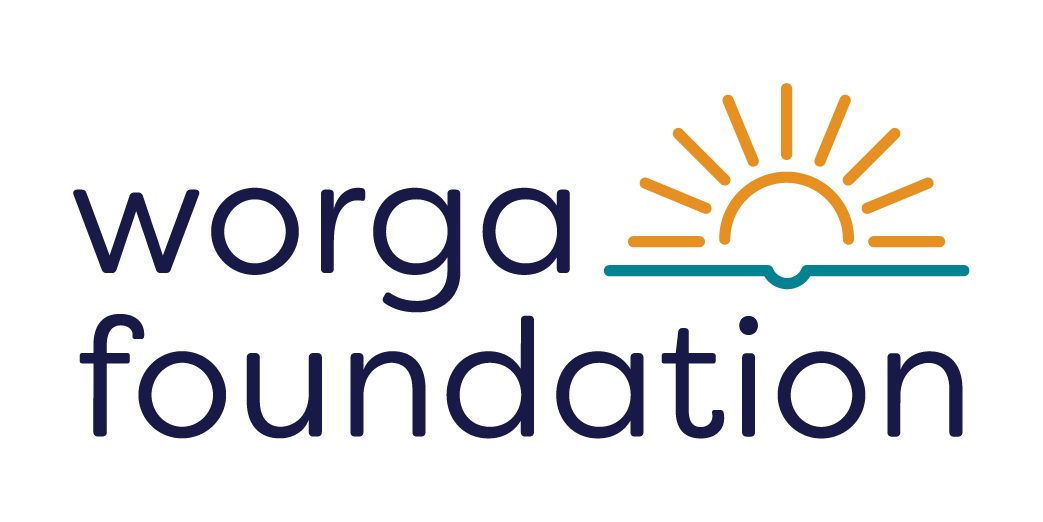Leave and Live
On Friday I wrote Doing Good, Love the Place in response to what I’d heard from Sila about his time in South Sudan. The gift of writing semi-regularly is that it acts as another small way for Sila and I to talk while he’s away. He sends me something, I write something, he gives me feedback on what I write, I write something new.
On Saturday, he shared more with me about what he meant when he said, “Doing Good, Love the Place.”
“I’m doing well and love the place because I feel their pain, their challenges, and I leave with them. Sometimes, I eat one meal despite [what] I have. If an individual is lucky then he can have a lunch or dinner and some of them none at all.”
Sila, on Saturday November 4, 2023
I’ve been sitting with Sila’s words for a few days and to be honest I wonder I’m getting it all. I’ll ask, when we have a longer conversation, but until then here is how I understand his words. My curiosity rests on the word “leave” as in, “I feel their pain, their challenges, and I leave with them.” The way that I’m reading this sentence is that Sila will “leave” with a real sense of the pain and challenges that Mabaan face in South Sudan. In other words, he’ll take their pain and challenges with him. I find support for this way of understanding in the next sentence, “Sometimes, I eat one meal despite [what] I have.” To me this speaks to Sila’s choice to eat only one meal a day because many of the people that he meets live this way.
However, I’m not sure that I’m reading it right. I wonder if Sila might mean “live” rather than “leave.”
In the end, does it really change the meaning of his words all that much?
The answer, likely, sits somewhere in the alchemy or mixing of leaving with and living with. To leave with something suggests a sense of carrying and holding. It isn’t hard for me to imagine Sila carrying and holding the pains and challenges of the people that he encounters. To live with something suggests an accompaniment, partnering, or collaboration. I can imagine this too; I see how Sila allows the experiences of others to accompany him as he walks through his life. The lives of others live with him — at work, play, and when he sips a cup of tea. He won’t always be with the people in South Sudan, but when he leaves the place, he will still live with all that they have shared with him. I’m going to suggest that we choose to read leave and live, rather than one or the other; in the combination we may find ourselves closer to the essence of Sila’s meaning.
Sila also shared a video of him playing football (soccer). Sila has told me about playing football for a team of players from Sherkole Refugee Camp before coming to Canada. He’s not here to fact check me, so I won’t give you all of the details, but I’ll suggest that his team wasn’t always a local favourite. You might be able to imagine what the response could be to a team of refugee players, playing outside the walls of the Camp. There’s also a group of boys in Maban County who play football. Sila played with them a few years ago, on his last trip to South Sudan. One day we’ll have to tell these stories, but for now we’ll just focus on the group in the video.
The first thing that I notice is that Sila is one of the only ones wearing shoes. He shared that he is “very lucky and privileged to have shoes” I also notice that he looks like he’s having fun. He doesn’t seem to be the best player on the field, but he doesn’t look like the worst one to me either! It seems to me like he’s having fun and that others are having fun watching him play. I like watching; it makes me smile.
And finally, to give you an idea of just how varied a day in Juba can be, here are a few more meeting photos.
This article is written by Adam Fearnall, a member of the Worga Foundation Executive, executive coach, writer, and personal advisor to Sila Joshua.



